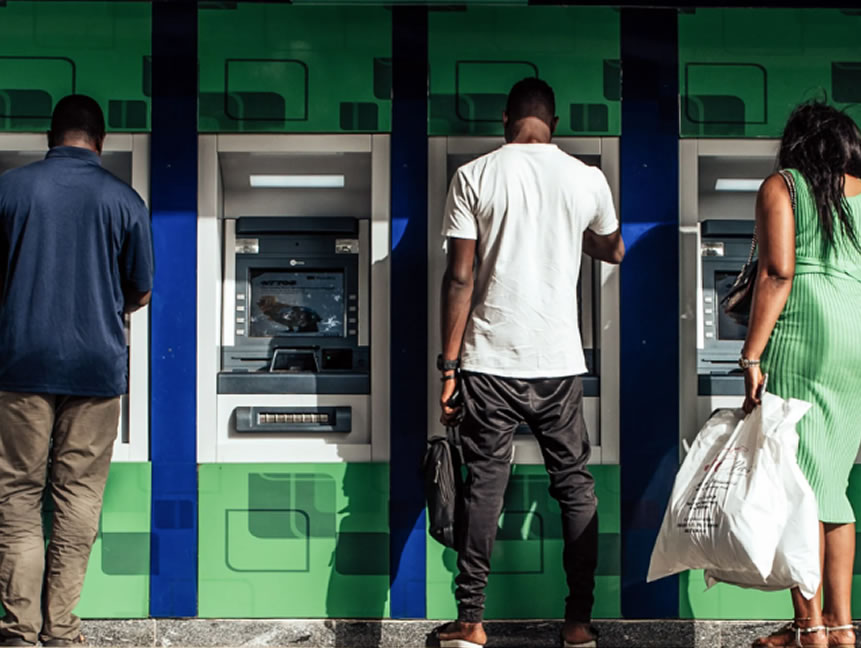




The rapidly evolving digital landscape in Nigeria has brought forth numerous opportunities for growth and development. However, it has also given rise to a parallel surge in cyber threats, exposing individuals, businesses, and government entities to significant risks.
In this blog post, we will explore the current cybersecurity landscape in Nigeria, delving into the challenges it faces and the potential opportunities that lie ahead in securing the nation’s digital future.
Nigeria has witnessed a surge in cyber threats over the years. From phishing attacks and ransomware to data breaches and social engineering, cybercriminals are constantly adapting their tactics to exploit vulnerabilities in the country’s digital infrastructure. We will discuss some of the most prevalent threats faced by Nigerian individuals and organizations.
A robust cybersecurity infrastructure is essential to defend against cyber threats effectively. Unfortunately, Nigeria’s cybersecurity infrastructure still faces several gaps, including inadequate investment in cybersecurity technologies and a shortage of skilled cybersecurity professionals. We will explore the implications of these deficiencies and potential strategies to address them.
The Nigerian government has recognized the severity of cyber threats and has taken steps to combat them. In this section, we will discuss the current cybersecurity initiatives and regulations in place, highlighting their impact on the nation’s overall security posture.
As Nigeria’s digital infrastructure expands, protecting critical sectors such as energy, finance, and healthcare becomes paramount. We will discuss the vulnerabilities in these areas and the importance of investing in cybersecurity measures to safeguard them from potential cyber-attacks.
Despite the challenges, the cybersecurity landscape in Nigeria also presents numerous opportunities for growth and innovation. This section will highlight the emerging cybersecurity startups and research initiatives that are contributing to the country’s cybersecurity ecosystem.
Collaboration with international partners can significantly bolster Nigeria’s cybersecurity capabilities. We will explore the benefits of knowledge sharing, capacity building, and information exchange with other nations in the fight against cyber threats.
The growing digital economy in Nigeria provides opportunities for cybersecurity integration into various sectors. This section will discuss the importance of making cybersecurity a fundamental aspect of digital transformation strategies to build resilience and trust.
Individuals play a crucial role in enhancing the overall cybersecurity posture of the country. This section will provide practical tips and best practices for Nigerian citizens to protect their personal information and devices from cyber threats.
In this concluding section, we will summarize the key takeaways from the blog post and present an optimistic outlook for the future of cybersecurity in Nigeria. We will emphasize the importance of continued efforts from all stakeholders to secure the nation’s digital landscape and seize the opportunities for growth and progress in the digital era.

Web Developer | Cybersecurity Advocate | Offensive Security Enthusiast
Passionate about Personal Transformation and Offensive Security, I’m Ehinomhen Okaiwele—a dedicated Web Developer and Cybersecurity Advocate. My mission is clear: elevating the “Cybersecurity Consciousness” of fellow Africans. Through my journey, I aim to empower individuals, fostering a safer digital landscape for our community. Join me in this transformative endeavor.